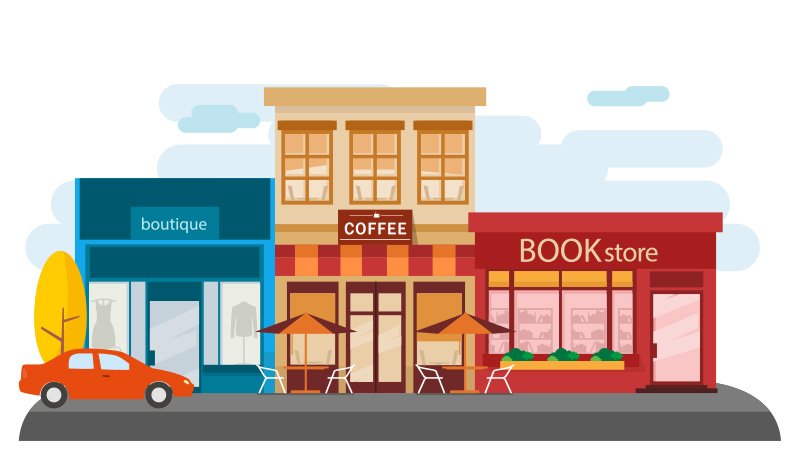Table of Contents
Toggle In 2025, small businesses can no longer afford to see online marketing as optional. It’s the foundation of visibility, customer engagement, and long-term growth. A strong digital presence is non-negotiable whether you’re running a service-based business, a local retail shop, or a home improvement company.
In 2025, small businesses can no longer afford to see online marketing as optional. It’s the foundation of visibility, customer engagement, and long-term growth. A strong digital presence is non-negotiable whether you’re running a service-based business, a local retail shop, or a home improvement company.
The challenge? The digital landscape is more competitive than ever. Consumers expect businesses to be easily discoverable, responsive, and engaging across multiple online platforms. And with the rise of AI, marketing is evolving at an unprecedented rate.
Artificial intelligence isn’t just for big corporations—it’s transforming how small businesses attract and retain customers. Here are some practical ways to use AI in your marketing strategy:
By incorporating AI tools into your marketing strategy, you can compete more effectively and streamline your efforts without spending a fortune on a full-time marketing team.
While AI enhances marketing, the fundamentals still drive success. Small businesses should continue to:
While digital marketing is crucial, some traditional marketing methods remain powerful, especially for building trust and relationships. Direct mail campaigns, handwritten thank-you notes, networking events, and even well-placed local print ads can create a personal touch that digital ads can’t replicate. In an era where automation is everywhere, a phone call or an in-person visit can set your business apart.
The key is balance: leverage AI and digital tools to work smarter, but don’t lose sight of the timeless power of real human connections.
Marketing in 2025 requires a strategic mix of AI-driven efficiency, digital fundamentals, and classic relationship-building tactics. Small businesses that embrace these changes will thrive, while those that resist risk being left behind. The good news? With the right approach, you can build a strong, sustainable marketing presence that drives long-term success.
Need help navigating online marketing in 2025? Let’s talk!